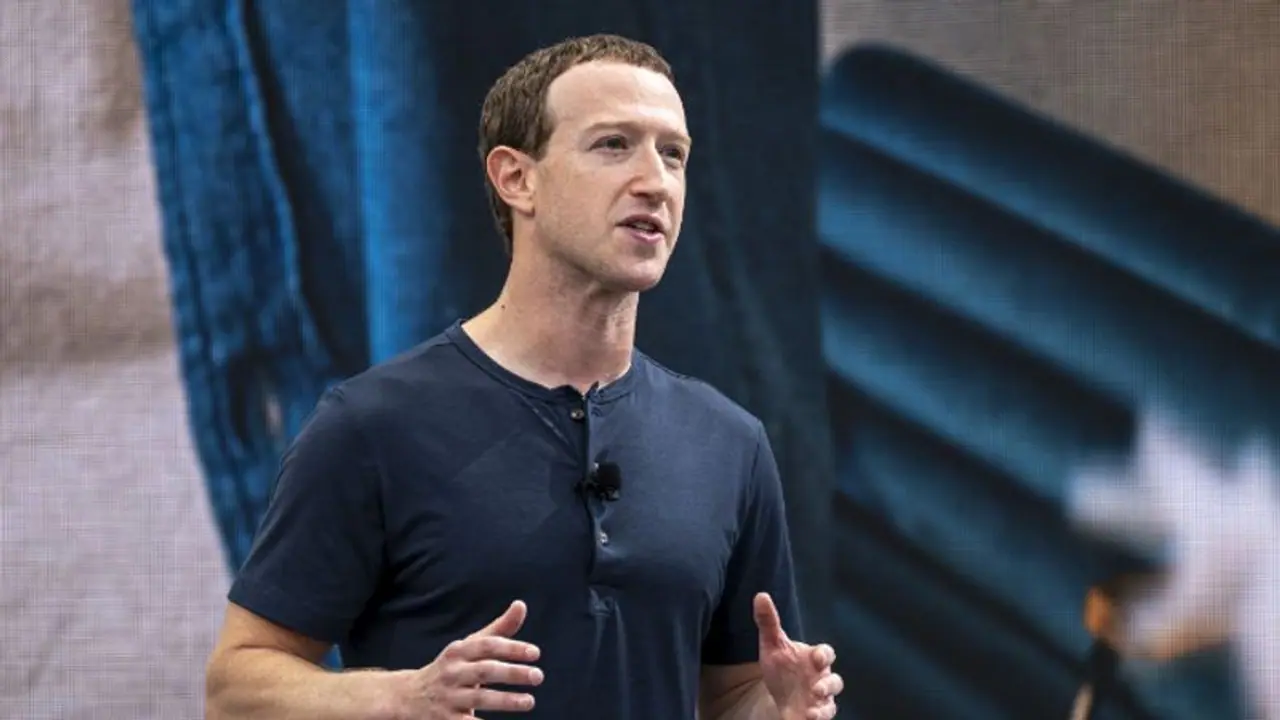A former Meta director alleges the company explored censorship options with the Chinese government, including hiding viral posts and sharing user data. Meta denies the claims, stating the employee was terminated for poor performance and that they don't operate in China.
A former Meta director, Sarah Wynn-Williams, has made explosive claims about the company's attempts to enter the Chinese market. In an interview with the BBC, Wynn-Williams alleged that Meta worked closely with the Chinese government to explore censorship options, with CEO Mark Zuckerberg even considering hiding viral posts until they were reviewed by Chinese officials.

Wynn-Williams, who served as Meta's global public policy director, claimed that the company developed a censorship system for China in 2015. This system included a fail-safe that could shut down the entire site during times of "social unrest." She also alleged that Meta considered sharing user data with China and restricting the account of a well-known Chinese dissident living in the U.S.
A Meta spokesperson dismissed Wynn-Williams' claims, stating that she was an "employee terminated eight years ago for poor performance." The spokesperson emphasized that Meta does not operate its services in China today and that the company's ambitions to enter the Chinese market were widely reported a decade ago.
Wynn-Williams has filed a whistleblower complaint with the Securities and Exchange Commission (SEC), outlining her concerns about Meta's relationship with China. The complaint was reviewed by the Washington Post and alleges that Meta executives routinely evaded direct answers and provided misleading or vague information to both investors and U.S. regulators.
Zuckerberg's Obsession with China
Wynn-Williams described China as Zuckerberg's "white whale" and the "one piece on the board game that he hasn't conquered." She claimed that Zuckerberg was working closely with the Chinese Communist Party to develop a censorship tool, which she described as the "antithesis" of Facebook's principles.
China remains the largest online market in the world, with over 1 billion internet users. Despite the country's strict censorship system, known as The Great Firewall, homegrown alternatives to global social media platforms have thrived. Meta's social media platforms, alongside other foreign sites, are blocked in China, but the company's ambitions to enter the market have been well-documented.
